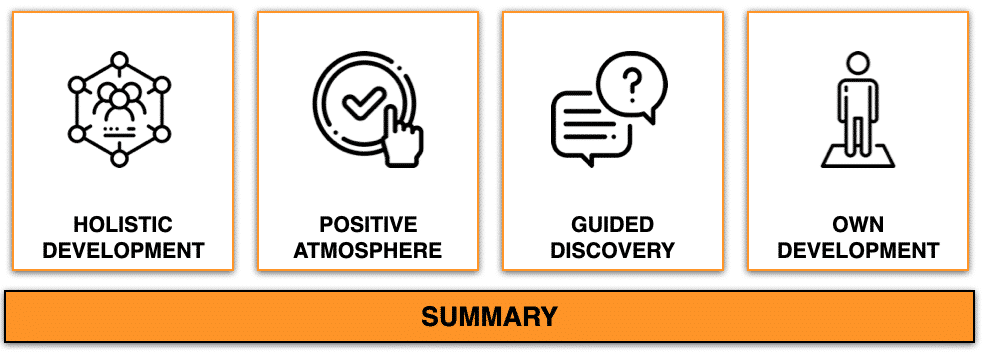In youth football, the role of the coach plays a crucial part in the development of young players. For this reason, we are going to highlight the most important characteristics that a coach should have in order to optimise the individual’s teaching-learning process.
Overall Growth
In youth football, the coach’s objective should be the holistic development of the player, not only focusing on the development of technical and tactical ability, but also paying attention to physical and emotional development.
This involves working on improving physical capabilities, as well as developing social and emotional skills, such as confidence, self-esteem, empathy and the capacity to work as part of a team.
The coach should be aware of the importance of holistic training and focus on building a training environment in which players can develop in all aspects.
Favourable Atmosphere
Learning and development must take place in an atmosphere in which the individual feels safe and confident. Therefore, the coach has to create a positive and welcoming context, where the player feels comfortable to experiment and learn.
This involves generating an environment of mutual respect, where mistakes are seen as learning opportunities rather than failures, and where the player feels supported and valued.
The method of correction during the training session or match needs to be through guided discovery. By doing so, the coach will stimulate the player’s decision-making process and produce intelligent players.
Instead of providing solutions to problems, the coach should guide the player to discover the answers for themselves through experimentation and reasoning.
In this way, the player will develop cognitive and critical thinking skills that will enable them to make informed decisions on the field of play.
Involve the Player
The coach must encourage the active participation and commitment of the players in their own development. Coaches must be aware that the player is primarily responsible for their own learning and progress.
Therefore, the coach has to motivate and guide the players to be actively involved in their own process.
This involves listening to their opinions and suggestions, encouraging self-evaluation and reflection on their performance and giving them the opportunity to lead and make decisions on the field of play. By involving the player in their own development, the coach not only improves their individual performance, but also the cohesion of the team.
Conclusion
The holistic development of players in coaching football is essential for their growth as athletes and as individuals. The coach has the responsibility to build a favourable training environment that encourages the active participation of players in their own development and allows them to develop technical, tactical, physical and emotional skills.
To do this, it is important to create a positive and safe atmosphere and to use a guided discovery style of teaching that encourages decision making and critical thinking. By implementing these strategies, more well-rounded football players can be developed who are prepared for success in sport and in life.








